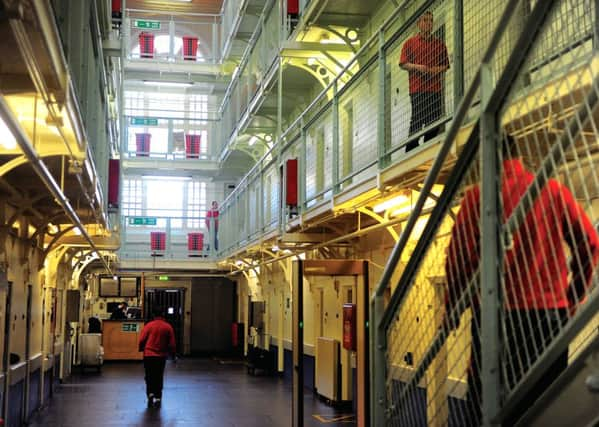MSPs set to consider lifting voting ban for prisoners


Members of the Scottish Parliament’s Equalities and Human Rights Committee will re-examine the case for a ban on inmates voting, before making recommendations to ministers.
It comes after Green MSP Patrick Harvie called for alternatives to the current blanket ban to be considered.
Advertisement
Hide AdAdvertisement
Hide AdThe committee will hear about what happened in two countries where prisoners are allowed to vote, Ireland and Canada.
Ireland passed legislation on this in 2006, with Cormac Behan of the University of Sheffield telling MSPs: “In contrast to other jurisdictions there was virtually no disagreement about prisoner enfranchisement in the Irish Parliament, media and wider civic society.”
In Canada that Supreme Court found denying prisoners right to vote on the basis of their so-called “moral unworthiness” was inconsistent with the respect for the dignity of every person.
It found the Government did not have sufficient reason to deny prisoners the right to vote, and inmates there have been able to take part in elections since 2002.
Speaking ahead of the committee meeting convener Christina McKelvie said: “The historic reasons preventing prisoners from voting need to be re-examined.
“Do we still want modern day prisoners to face so-called civic death? We need to consider how removing the right to vote sits with rehabilitating offenders, and also what constitutes a proportionate punishment for people who have broken the law.
“The Equalities and Human Rights Committee will consider the arguments before submitting our thoughts to the Scottish Government.”
